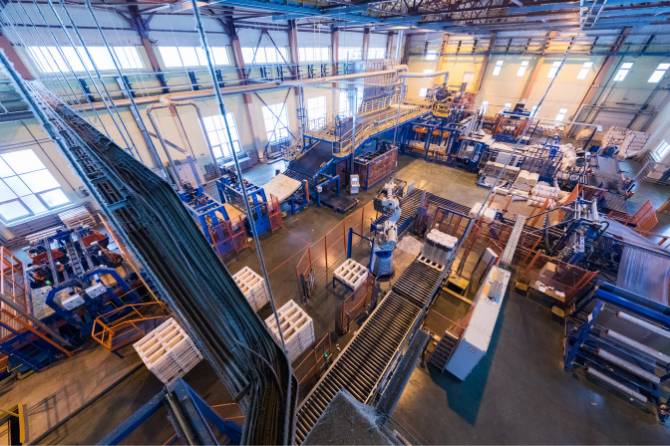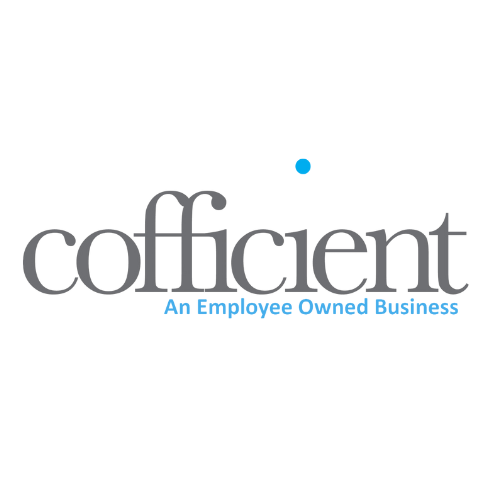
How Paperless Manufacturing Drives Innovation
Manufacturing companies, which have traditionally been resistant to incorporating new technology, need to be made aware of the competitive advantages that paperless manufacturing offers their sector. Perhaps this is because they are too familiar and comfortable with their familiar, albeit slightly outdated processes, but therein also lies the risk when it comes to future-proofing.
However, the problem is also largely based on awareness. Many manufacturing companies simply aren’t aware of the potential productivity these systematic improvements can add to their overall workflow. In this blog, we explore how paperless manufacturing can help drive innovation, unlocking the potential for positive change across the whole business.
Digital Transformation
One of the greatest advantages of Paperless Manufacturing is that it can act as the pre-cursor to a wider, more comprehensive Digital Transformation. Oftentimes, companies resist digital transformation not out of principle, but ignorance, usually because they do not understand the hidden costs of outdated systems. It is also clear that many of them aren’t mindful of the time and cash savings can be made by transferring to a paperless system.
In fact, the Annual Manufacturing Report 2017 states that only 25% of UK manufacturers feel that they have sufficient knowledge to identify and evaluate the opportunities of Industry 4.0.
Removing Dependencies
No business should be dependent on the knowledge and intelligence of a few employees. However, more often than not, this is the case, with manufacturing companies relying heavily on people and their experience, rather than systems and their reliability. This makes them vulnerable when employees leave jobs, gain a promotion, go on holiday, or are off sick for a few days.
Promote Productivity & Minimise Time Wastage
Research from Fellowes found that UK workers are wasting over a million hours per week in searching the documents, which costs around £20 million to businesses. It also found that 1 in every 5 workers complained about excessive paperwork cluttering their workspace, which shows just how endemic these issues are.
Not only will paperless manufacturing cut costs and make production more reliable, but it will make the lives of your employees easier and facilitate their development as well. If they are spending all their time arranging and finding documents, then that is hardly a good use of their time, as they are a valuable resource that can help drive innovation as well.
It is also widely accepted that engaged and happy employees also put more effort into their work and are more efficient, which again, helps your business to get the most out of your manufacturing cycles.
Promoting Automation & Intelligent Workflow
Paperless Manufacturing is almost always the first step to sophisticated routing and workflow developments. This is because the digitisation of information allows businesses to set up systems that run based on pre-determined workflows and conditions. Ultimately, it is up to the individual companies, but the transition to paperless manufacturing offers the possibility to set up automation in the future, as paper-driven systems prohibit the setting up of automations.
For example, invoices, which are always a headache and can lead to serious compliance issues, can be automated to relevant ERP systems, which then removes the need for manual data entry. This means this information is available in real-time and can be accessed by shareholders and managers.
This is especially relevant for manufacturing companies, which often deal with a myriad of different suppliers and distributors, all of which come with a hefty amount of documentation.
Get our full guide on Paperless Manufacturing
If you are looking for more information on this topic, feel free to download our in-depth guide on Paperless Manufacturing, or get in touch!



